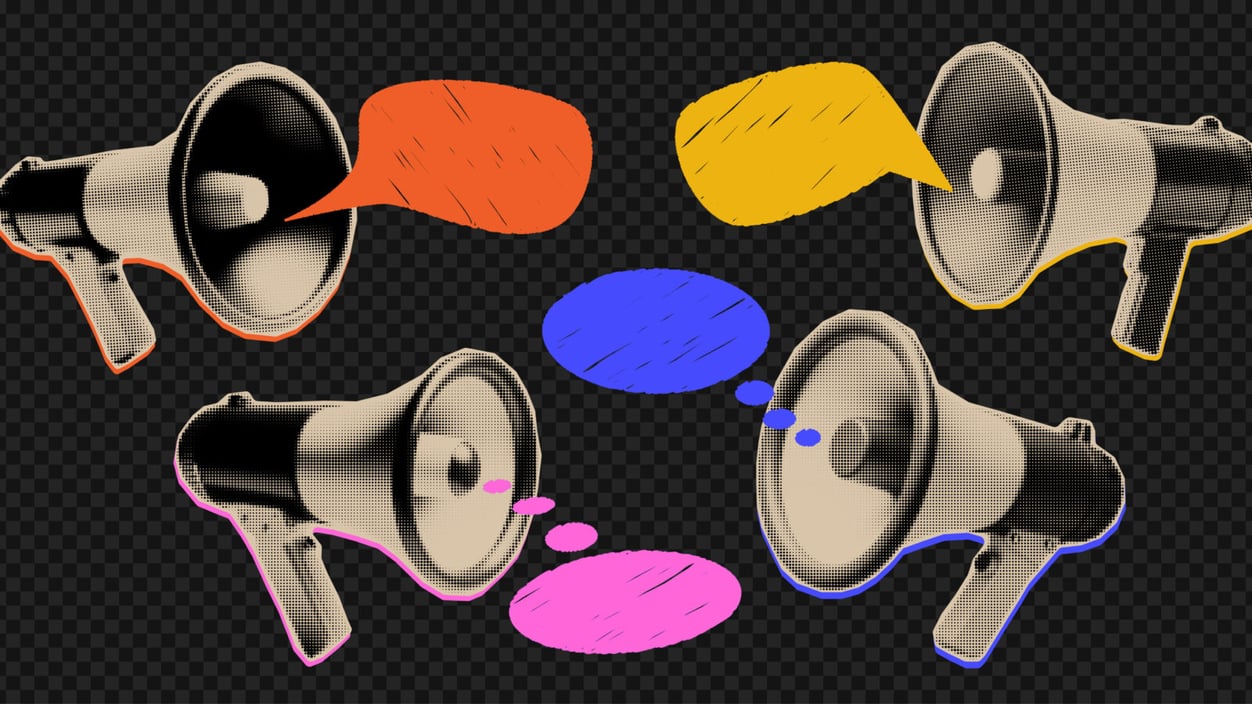politics
Inside the AMA’s advocacy strategy shift

Adobe
As President Trump entered the White House this year, the federal government quickly began embracing policies that diverged from medical consensus. And while medicine’s influence in Washington is waning, the American Medical Association still serves as the largest professional group for physicians, as well as a major political lobbying group. But publicly, the organization said nothing about the Trump administration’s actions — even as members “begged” leadership at the organization to speak out more forcefully, per Laurie Lapp, a resident who served on an AMA council that reviews proposed federal legislation.
But in recent weeks, there’s been a sudden change in tone, with the organization issuing a slew of public statements critical of decisions made by the administration. “We have to stand up for science,” the AMA’s new CEO John Whyte said in an interview. “People look to the AMA to do that. And I’m not sure I always realized that to the degree that I recognize it now.”
For my latest story, I spoke with half a dozen members of the organization as well as its leadership to figure out what led the organization to bring its advocacy work out of the shadows. Read the story.
health tech
This AI tool helped doctors detect polyps too well
In a new study, researchers tested an AI tool that can be used during colonoscopies to improve the detection of precancerous polyps known as adenomas. As endoscopists snake a camera through patients’ large intestines, an algorithm draws a square around adenomas. It’s already been proven that tools like this typically work quite well. But what they also wanted to know is how well doctors might detect polyps without AI after they had gotten used to its help?
Like students who try to write an essay independently after using ChatGPT one too many times, the answer was: not great. Researchers called their finding the first documentation of a potential “deskilling” effect from clinical AI, STAT’s Katie Palmer reports. “It's not something we expected, to be honest,” said senior author Yuichi Mori. Read more from Katie about what it means and what questions remain.


